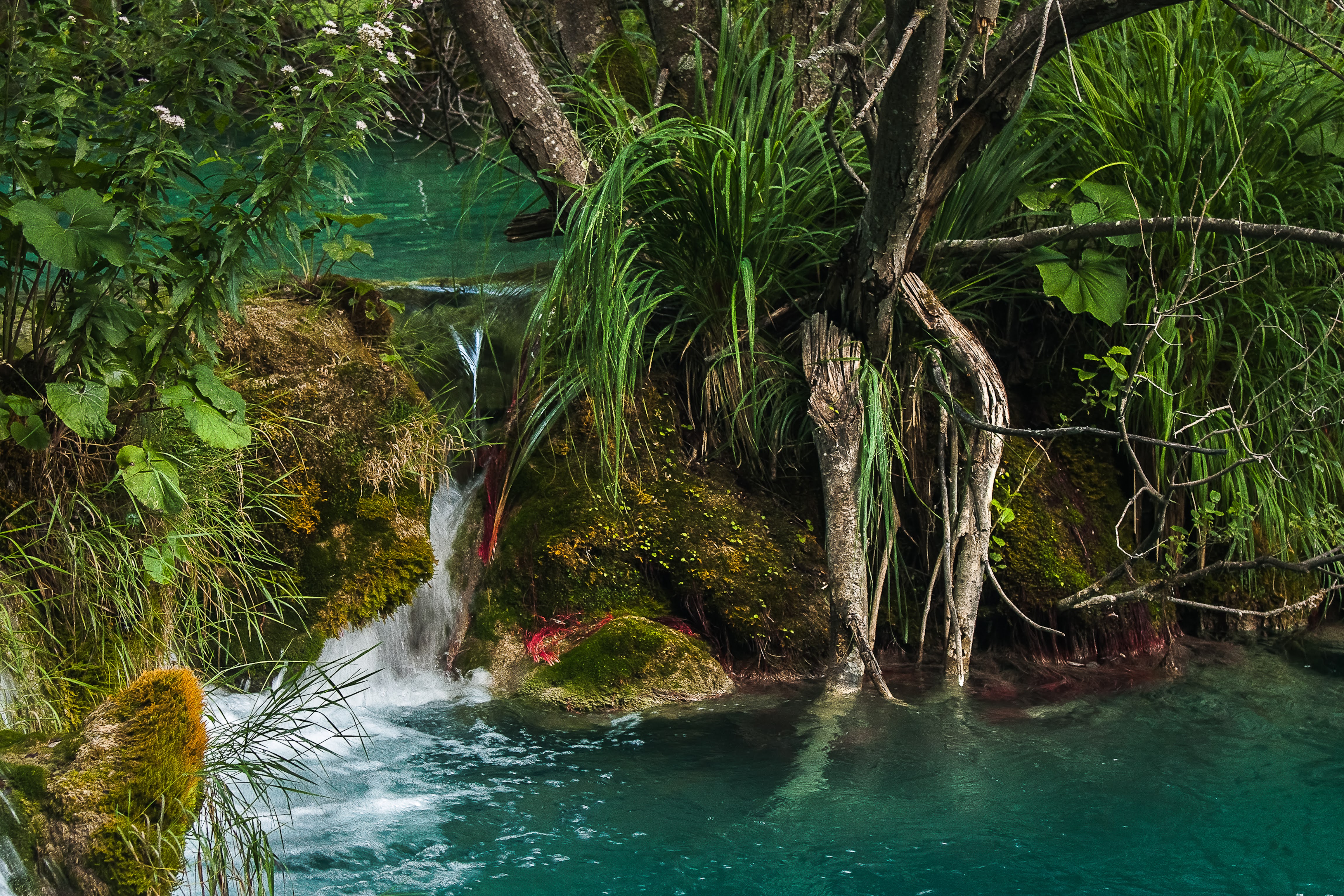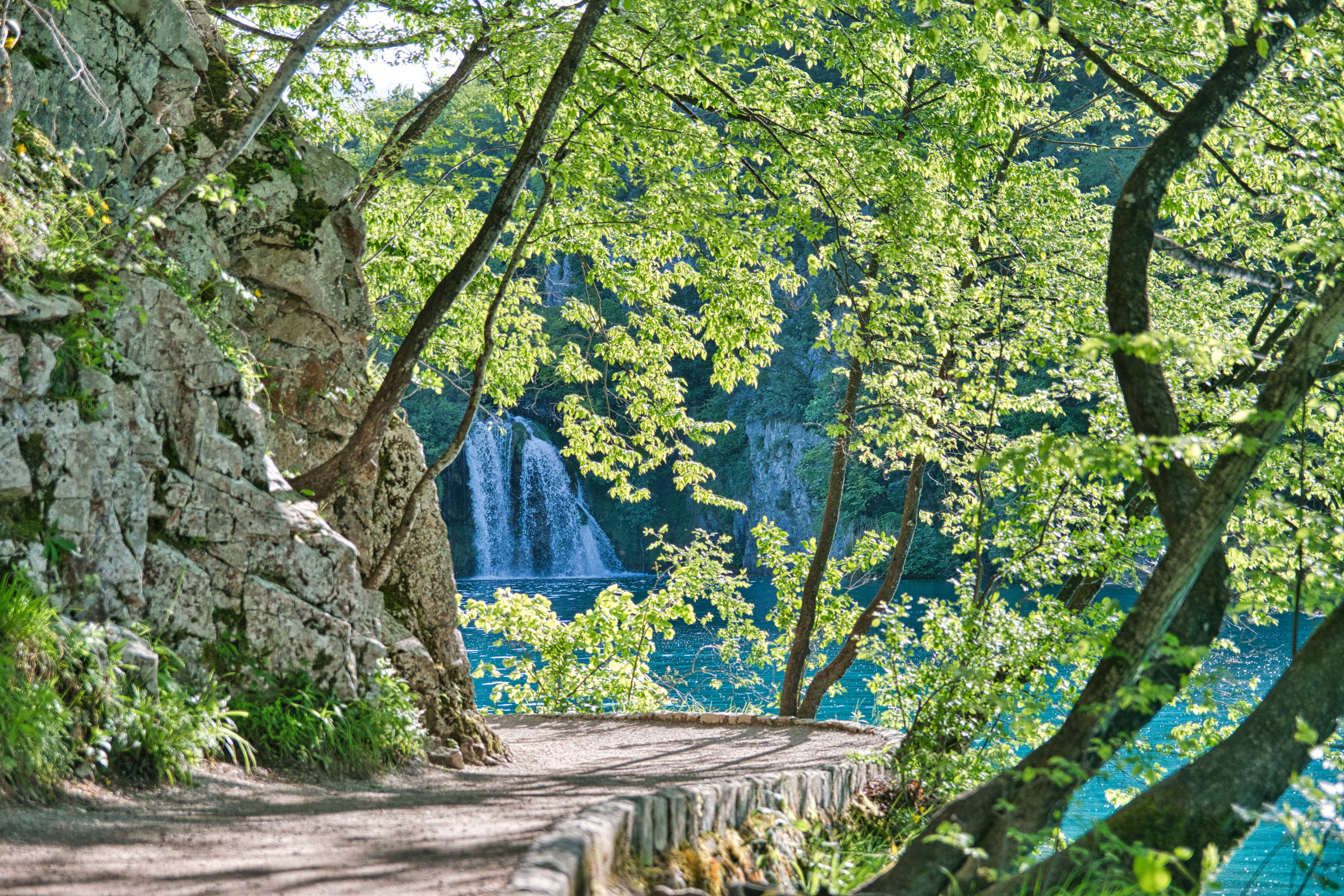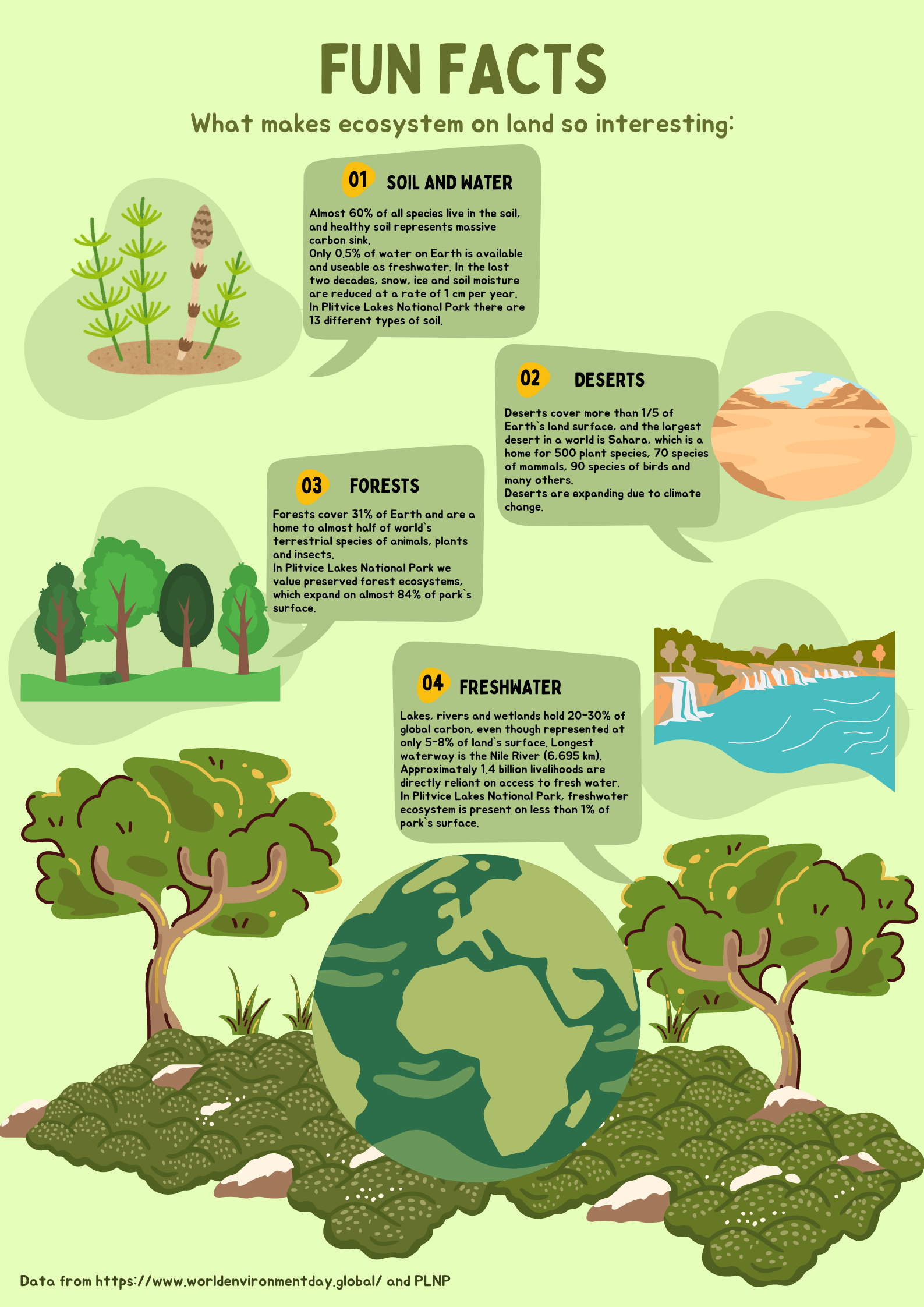“Our Land. Our Future. We are #GenerationRestoration”
In 1973, June 5 was declared World Environment Day to raise awareness of the critical environmental issues, from climate change to the depletion of the ozone layer, and to highlight these issues in public spaces. Ever since, June 5 is the day when governments, businesses, civil society associations and individuals all around the world come together to turn the spotlight on different environmental issues.
The theme of this year’s World Environment Day is focused on land restoration, curbing desertification (land degradation and loss of vegetation cover in arid and semi-arid areas) and increasing drought resilience under the slogan “Our Land. Our Future. We are #GenerationRestoration”. The Kingdom of Saudi Arabia will host the 2024 World Environment Day.
Why was this theme chosen for World Environment Day? Here are some of the main reasons:
- Globally, more than 2 billion hectares of land are degraded.
- An estimated 12 million hectares of land are lost to degradation every year, impacting food and water supplies across the globe.
- 55 million people are directly affected by droughts every year, making drought a serious threat to agriculture and livestock.
- It is estimated that, by 2030, land degradation and desertification could force 135 million people to migrate.
- Land degradation can interrupt the natural processes of the Earth, causing soil erosion and clean water shortages. It is also one of the factors causing the loss of millions of species.
- Climate change influences desertification and land degradation by increasing the frequency and severity of droughts, heatwaves and wildfires.
To encourage change for the better and initiate activities that could hinder the development of even more serious problems, experts have established that restoring at least 15% of land in the right places could help avoid losing 60% of species linked to extinction. In addition, conserving ecosystems such as forests, wetlands and rivers helps counter climate change and enhances climate resilience. Another positive initiative is the UN Decade on Ecosystem Restoration (2021–2030), a global rallying call for the revival and restoration of damaged and disrupted natural areas, set up to restore 1 billion hectares of land!
Get inspired by this year’s World Environment Day and think about how you can contribute to conservation and the specific environmental issues highlighted this year. Read up and test your knowledge in a quiz https://www.worldenvironmentday.global/.
Revisit the activities initiated by the Plitvice Lakes National Park to restore freshwater habitats by removing artificial barriers. We know that all ecosystem restoration activities contribute to building their resilience to all the changes our future holds. After all, we are #GenerationRestoration.





